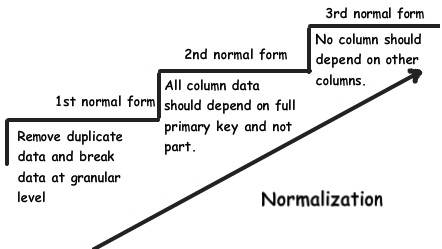Understanding Debt Consolidation vs Home Equity Loan: Which is Right for You?
#### Debt Consolidation vs Home Equity LoanWhen it comes to managing financial obligations, many individuals find themselves weighing their options between……
#### Debt Consolidation vs Home Equity Loan
When it comes to managing financial obligations, many individuals find themselves weighing their options between debt consolidation and home equity loans. Both strategies can offer relief from overwhelming debt, but they serve different purposes and come with distinct advantages and disadvantages. Understanding these differences is crucial for making an informed decision that aligns with your financial goals.
#### What is Debt Consolidation?
Debt consolidation involves combining multiple debts into a single loan or payment plan. The primary goal is to simplify the repayment process and potentially lower interest rates. This can be achieved through various means, including personal loans, balance transfer credit cards, or debt management plans offered by credit counseling agencies.

One of the main advantages of debt consolidation is the potential to reduce monthly payments and overall interest costs. By consolidating high-interest debts, such as credit card balances, into a single loan with a lower interest rate, borrowers can save money over time. Additionally, having one monthly payment instead of several can make budgeting easier and reduce the risk of missing payments.
However, debt consolidation is not without its drawbacks. If not managed properly, it can lead to a cycle of debt where individuals accrue new debts while still paying off the consolidated loan. Moreover, some forms of debt consolidation may require good credit or collateral, which can be a barrier for some borrowers.
#### What is a Home Equity Loan?
On the other hand, a home equity loan allows homeowners to borrow against the equity they have built in their property. This type of loan typically offers a lump sum of money that can be used for various purposes, including paying off debts, home improvements, or other significant expenses. Home equity loans usually come with lower interest rates compared to unsecured loans, making them an attractive option for many homeowners.

One of the significant advantages of home equity loans is their potential for larger borrowing amounts, especially for those with substantial equity in their homes. Additionally, the interest paid on home equity loans may be tax-deductible, providing further financial benefits to borrowers.
However, using a home equity loan carries risks. Since the loan is secured by the home, failing to make payments can lead to foreclosure. Additionally, borrowers must consider the impact of taking on more debt against their home, which can affect their financial stability and future borrowing capacity.
#### Debt Consolidation vs Home Equity Loan: Which is Right for You?
Choosing between debt consolidation and home equity loans largely depends on individual circumstances, including financial goals, credit history, and the amount of debt owed. If you have high-interest unsecured debts and are looking for a straightforward way to manage them, debt consolidation might be the best option. Conversely, if you are a homeowner with significant equity and are comfortable using your home as collateral, a home equity loan could provide the funding you need at a lower interest rate.

Ultimately, it is essential to weigh the pros and cons of each option carefully. Consulting with a financial advisor can provide personalized insights and help you determine the best course of action based on your specific financial situation. By understanding the differences between debt consolidation vs home equity loan, you can make a more informed decision that paves the way for a healthier financial future.